Special Report
America's Most Hated Companies

Published:
Last Updated:

When Time Warner Cable merged with Charter Communications earlier this year and the new public-facing operation rebranded, changing its name to Spectrum, it was likely for good reason. For many Americans, each name had come to be associated with poor customer service.
The long erosion of reputation has the power to destroy businesses. Today, in the internet age, news of a single scandal can spread quickly and seriously cripple a previously respected brand. 24/7 Wall St. reviewed a range of information, including customer survey results from the American Customer Satisfaction Index, employee reviews on Glassdoor, as well as our own annual customer satisfaction survey. We identified 12 companies hated by customers, employees, and the general public.
[in-text-ad]
A single bad experience can forever ruin a company’s image in the mind of a customer. While these are bound to happen at any organization, many of the companies on this list have developed a reputation for consistent poor performance. Most of the companies on this list score worse than the average in their industries in the ACSI. This fact is all the more serious given that many of these companies are in industries with generally poor reputations for customer service, including cable and internet service providers, airlines, and subscription television services.
Click here to see America’s most hated companies.
In 24/7 Wall St.’s annual customer satisfaction survey, the majority of these companies had among the highest share of respondents reporting generally negative customer experiences. In the case of Comcast and Sprint, more than half of respondents had a negative customer experience, the only two existing brands out of the more than 100 we surveyed for which this was the case.
At several of the companies on this list, employee satisfaction is also extremely poor. 24/7 Wall St. spoke to Scott Dobroski, community expert at Glassdoor, a site that allows employees to rate their employment experience. Dobroski explained that it is not surprising to see unhappy employees and unsatisfied customers at the same businesses. “The risk when you have employees that are generally dissatisfied is that they are not willing to bring their best selves to work, to produce, to be engaged, and to fulfill responsibilities,” Dobroski said. “When employees are generally satisfied in their jobs — we know that there’s a direct tie to the customer experience.” Dish Network and Sears each have close to the worst employee satisfaction scores earned by large corporations on Glassdoor.
In the case of Sears, Dobroski suggested that poor employee satisfaction might also be tied to dread of the company failing, as Sears has been in dire financial straits for years. The company has averaged $1.65 billion in net losses over the last five fiscal years and closed hundreds of locations.
Several of the companies to make the list this year, rather than suffering from long-term damage to reputations, have only recently earned the ire of the general public. Pharmaceutical company Mylan has been exposed to severe public outcry after it was revealed the company hiked prices of life-saving allergy treatment EpiPen by more than 500%. Wells Fargo lost the public’s trust after news broke the bank had created millions of fake accounts to inflate sales numbers.
To identify the most hated companies in America, 24/7 Wall St. reviewed a variety of metrics on customer service, employee satisfaction, and financial performance. We considered consumer surveys from a number of sources, including the American Customer Satisfaction Index (ACSI) and a Zogby Analytics poll created in partnership with 24/7 Wall St. We also reviewed employee satisfaction based on worker opinion scores on Glassdoor — this is not a Glassdoor commissioned report. Finally, we reviewed management decisions and company policies that hurt a company’s public perception.
These are America’s most hated companies.
Editor’s Note: A previous version of this piece stated that Time Warner Cable received a worse rating among large enterprise major wireline services in overall customer satisfaction than Comcast. In fact, the two companies received the same rating.
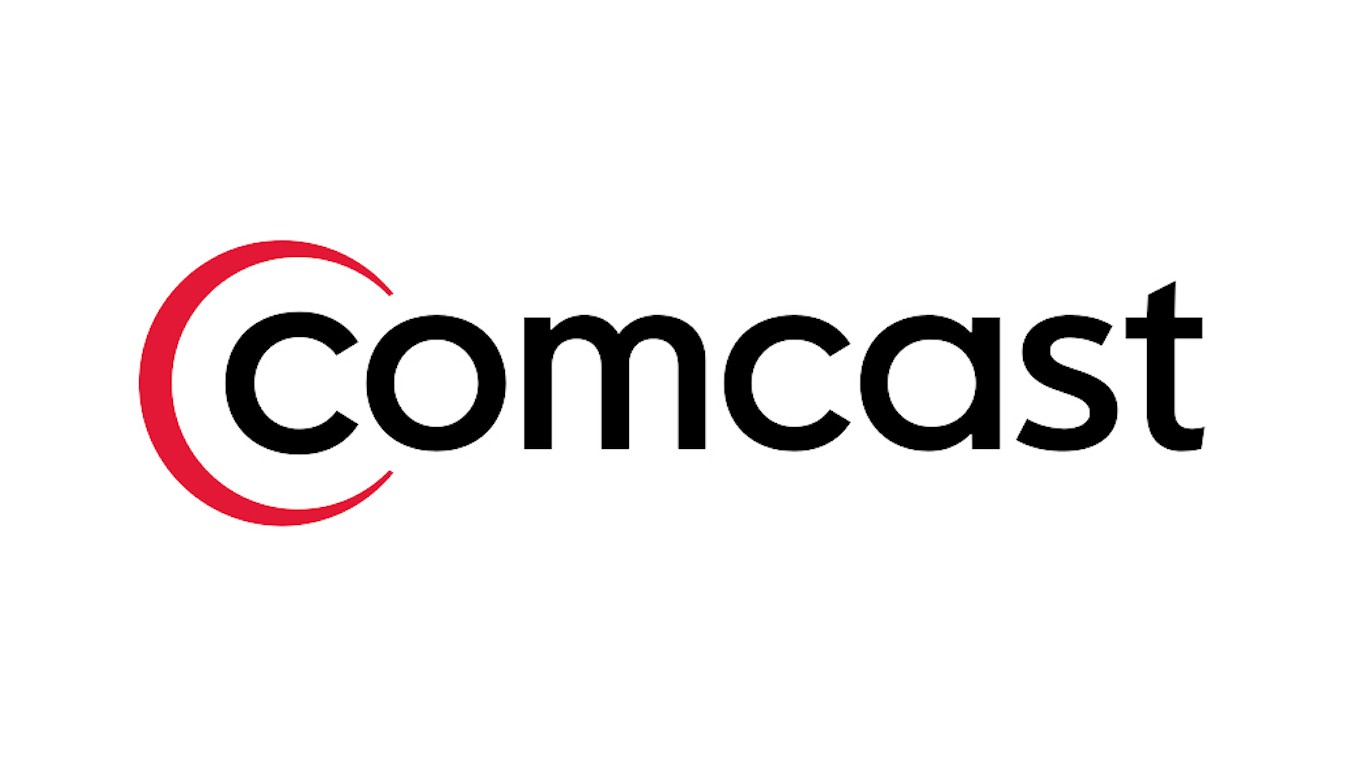
1. Comcast (NASDAQ: CMCSA)
The internet service provider and subscription television service industries are not known for superior customer service. In fact, the two industries have the worst average scores in the American Customer Satisfaction Index. Still, Comcast has a significantly worse customer satisfaction score than either industry average.
The company’s internet services received the fourth worst score out of some 350 companies. In J.D. Power’s rating of major wireline services, only Time Warner Cable — recently subsumed by Charter — received as poor of an overall satisfaction score. In the same survey, Comcast received the worst scores in cost to consumer, performance, billing, and reliability. In 24/7 Wall St.’s annual customer satisfaction poll conducted in partnership with Zogby, nearly 55% of of respondents reported a negative experience with the company, the second worst of any corporation.
[in-text-ad]
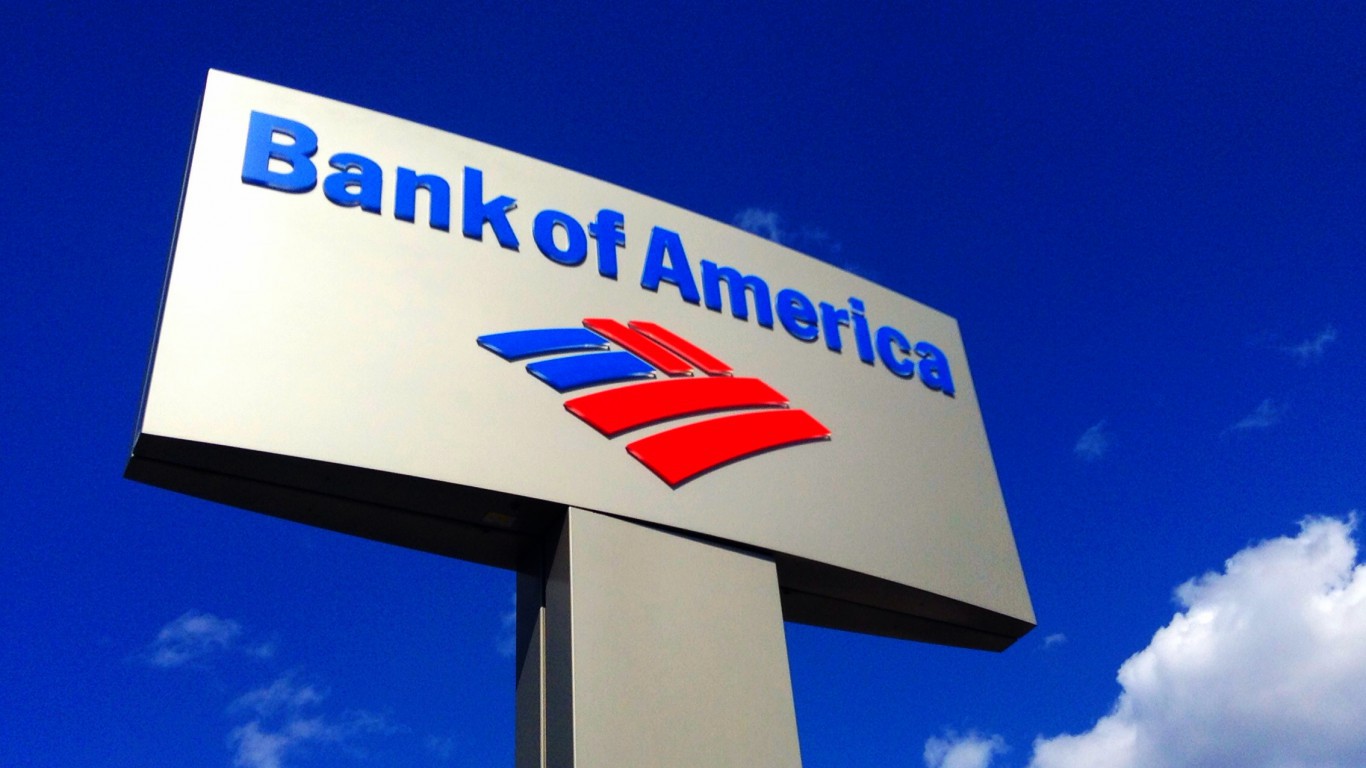
2. Bank of America (NYSE: BAC)
Bank of America has the worst customer satisfaction score of any bank in the ACSI. In a 24/7 Wall St.’s annual customer satisfaction poll, about 44% of those surveyed said they had a negative experience with both BofA’s banking and credit card operations, among the worst of any company surveyed. In addition to unhappy customers, the company has also has dissatisfied employees. The bank agreed to pay to settle a racial discrimination case involving 700 employees in August 2013 as well as a gender discrimination suit the following month.
While nearly a decade has passed since the financial crisis, many Americans still resent Bank of America for its role in the crisis. Although the bank has paid tens of billions of dollars to settle suits related to improper mortgage practices and toxic securities, the recent year seems to have brought more of the same. Only a few months after it was reported that CEO Brian Moynihan received a 23% pay raise in 2015, the bank agreed to pay yet another $415 million to settle a suit. This time the settlement was with the Securities and Exchange Commission over the way Bank of America’s Merrill Lynch handled customer money.
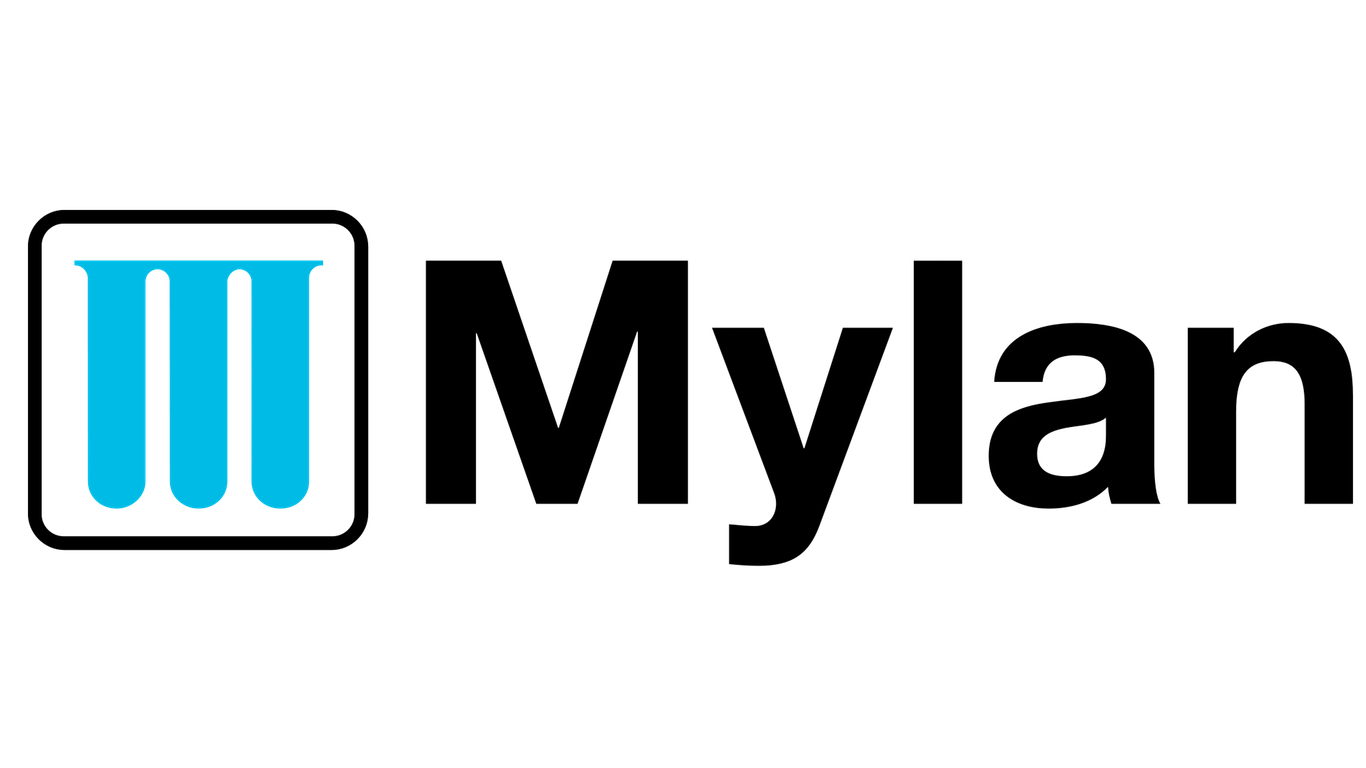
3. Mylan (NASDAQ: MYL)
Several pharmaceutical companies gained national notoriety in 2016 for hiking up prices of certain life-saving drugs. Few received more attention than Mylan, which has come under heavy scrutiny after it raised the price of its emergency allergic reaction treatment EpiPen. Prices of the EpiPen, which can be life saving for those with severe allergies, increased by more than 500% — from $114 for two pens in 2007 to over $600 today.
The company attempted to quell the controversy by introducing a generic alternative of the drug, but the company faces at least one major class-action lawsuits for the perceived price gouging. In October, the company agreed to a $465 million settlement with the U.S. Department of Justice on the grounds that it had overcharged Medicaid for years by misclassifying the EpiPen. While the EpiPen was most publicized, the company has received criticism for sharply raising the prices of several other drugs as well.
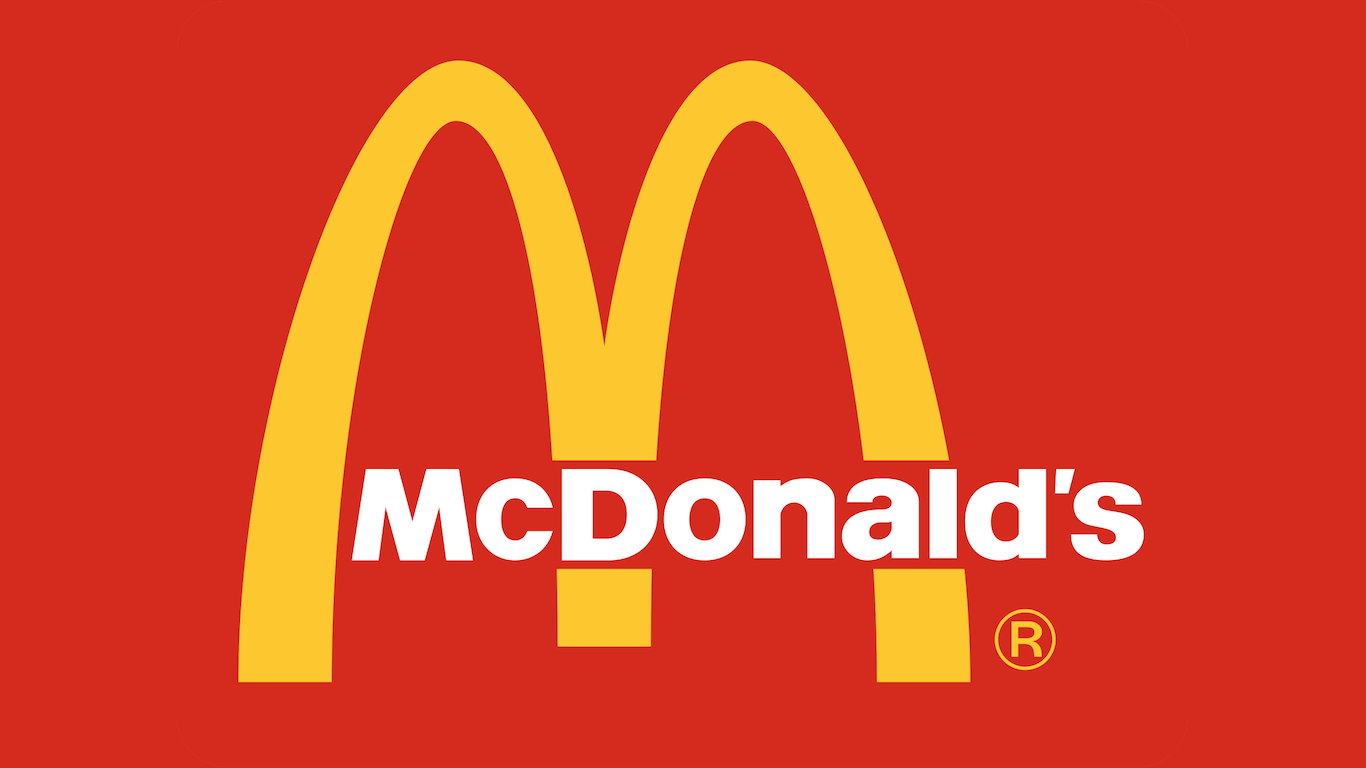
4. McDonald’s (NYSE: MCD)
Providing poor customer service is one of the most direct ways a company can lose esteem in the public eye. However, customers have different expectations, depending on the industry, and ranking a company against only its direct competitors can provide useful insight. McDonald’s has the worst customer service rating of all 17 industry competitors reviewed by ACSI.
Some of the dislike for the fast food chain may be politically charged. The company made headlines last year when ex-CEO Ed Rensi spoke out against the Service Employees International Union’s campaign to increase the national minimum wage to $15. However, two years prior, then-CEO Don Thompson implied he would support President Barack Obama’s initiative to raise minimum wage to $10.10 an hour.
[in-text-ad]
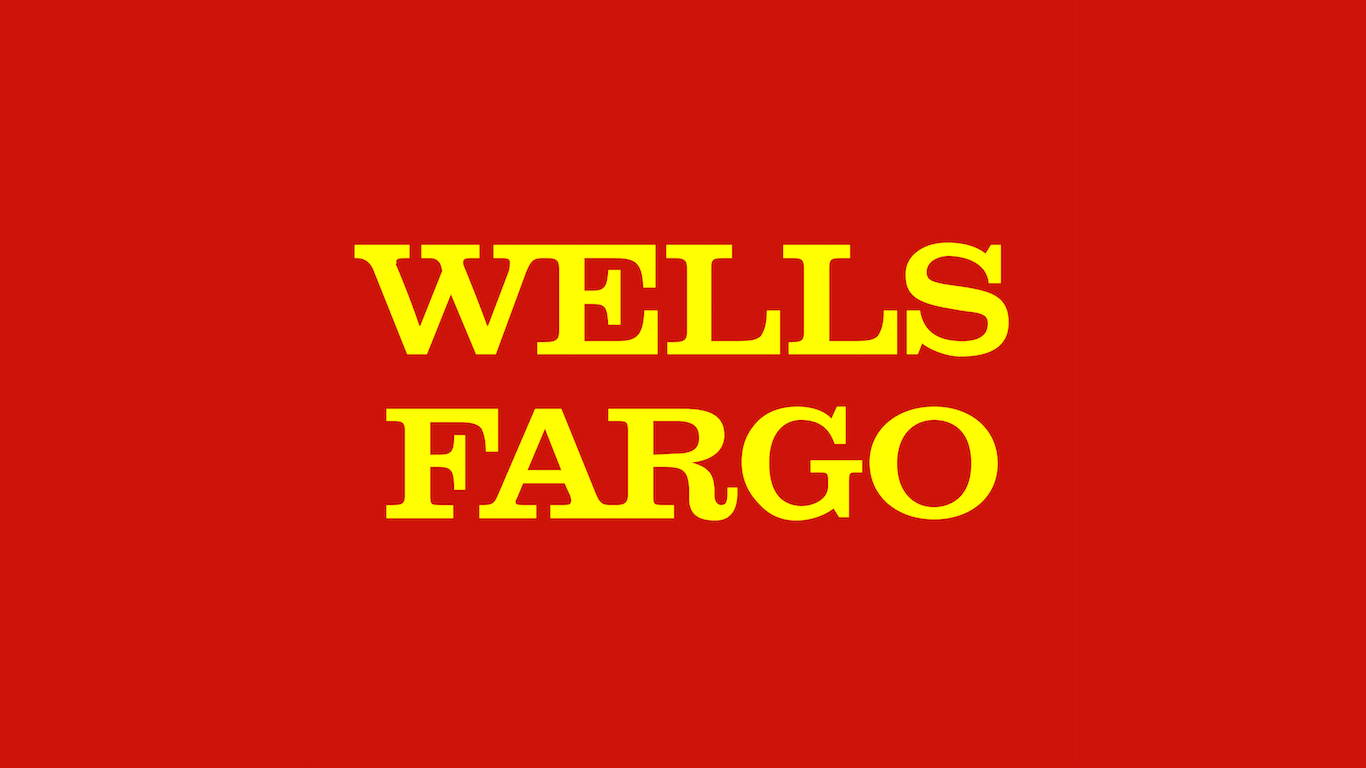
5. Wells Fargo Bank (NYSE: WFC)
Wells Fargo had perhaps the most publicized fall from grace of any company in 2016. Under pressure to meet quotas, bank employees, over the last five years, created millions of fake credit card accounts to inflate sales numbers. When the fraudulent practices came to light, the Consumer Financial Protection Bureau fined the bank $185 million and then-CEO John Stumpf was called to testify before congress, facing withering criticism from a bipartisan panel. Wells Fargo’s board is also currently investigating the company.
The bank’s share price tumbled as a result of the scandal, and JPMorgan Chase & Co. overtook Wells Fargo as the world’s largest bank by market capitalization in mid-September. Not long after testifying on Capitol Hill, Stumpf stepped down as CEO, forgoing a severance package.

6. Facebook (NASDAQ: FB)
Facebook has been a boon for shareholders since its IPO. The company’s stock is now trading over 200% higher than its 2012 Wall Street debut. However, not everyone is pleased with the social media platform. In recent years, the company has drawn significant criticism over its privacy policies and the mass data collection of its users. According the company’s statements, Facebook collects data on nearly anything it can, including who its users communicate with, users’ financial transactions, and the types of devices users are connecting with.
Recently, the company faced sharp criticism for not doing enough to curb the spread of fake news leading up to the U.S. presidential election. Since then, in an apparent attempt to mend public relations, the company announced a series of new policies aimed at identifying and flagging fake news stories on its site.
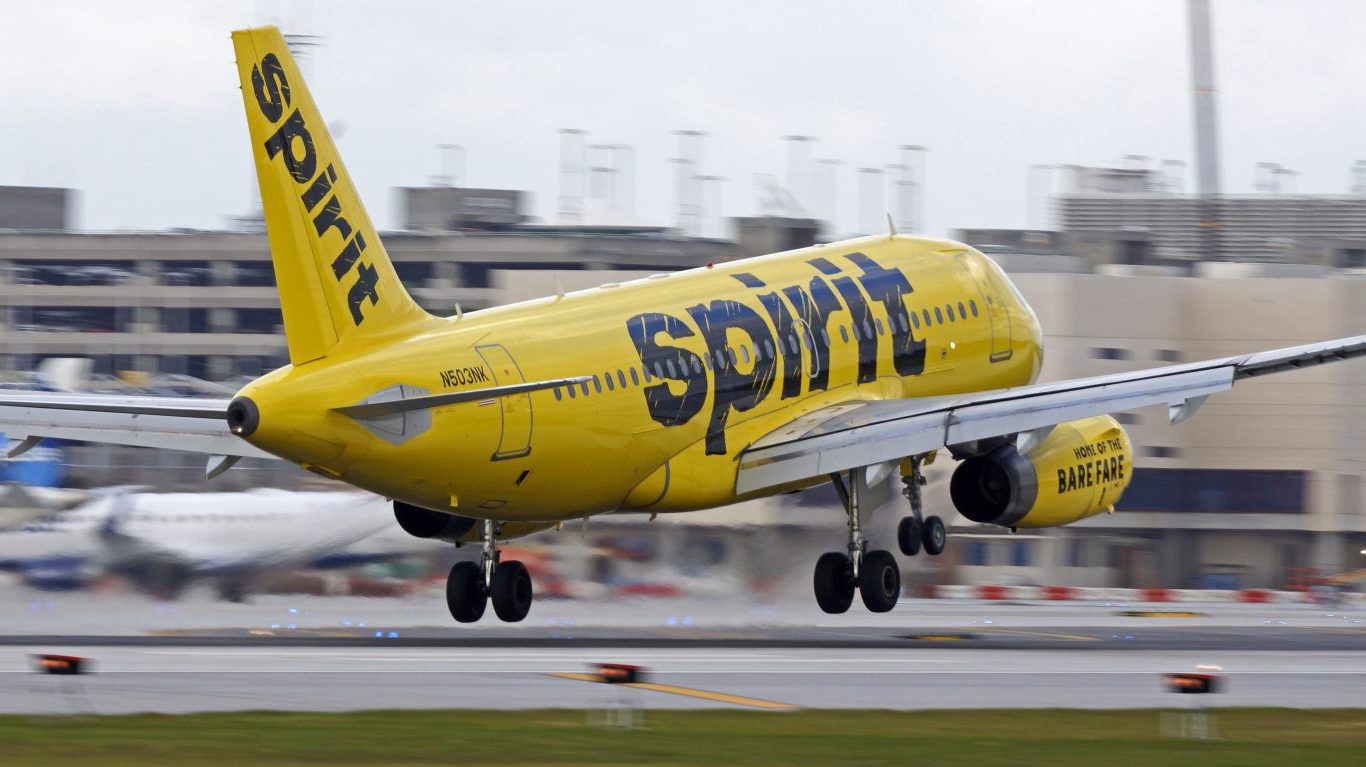
7. Spirit (NASDAQ: SAVE)
Poor customer service is typically not a point of pride for any company. However, for many years, it was a part of Spirit Airlines’ marketing strategy. The company famously offers cut rate airfare and little in the way of comfort or customer service. By charging additional fees for such amenities as assigned seats and in-flight refreshments, Spirit was able to undercut what its competitors were charging for airfare.
While the business model led to tremendous growth, it has also become something of a liability for Spirit. Many of the company’s competitors are now cutting into Spirit’s business, offering similarly low airfare without the stigma of poor customer service and irksome fees that former CEO Ben Baldanza championed. In a likely attempt to revamp the company’s image, the board announced the end of Baldanza’s decade-long tenure as CEO last January. Currently, Spirit has the lowest customer satisfaction rating of any airline reviewed by ACSI.
[in-text-ad]
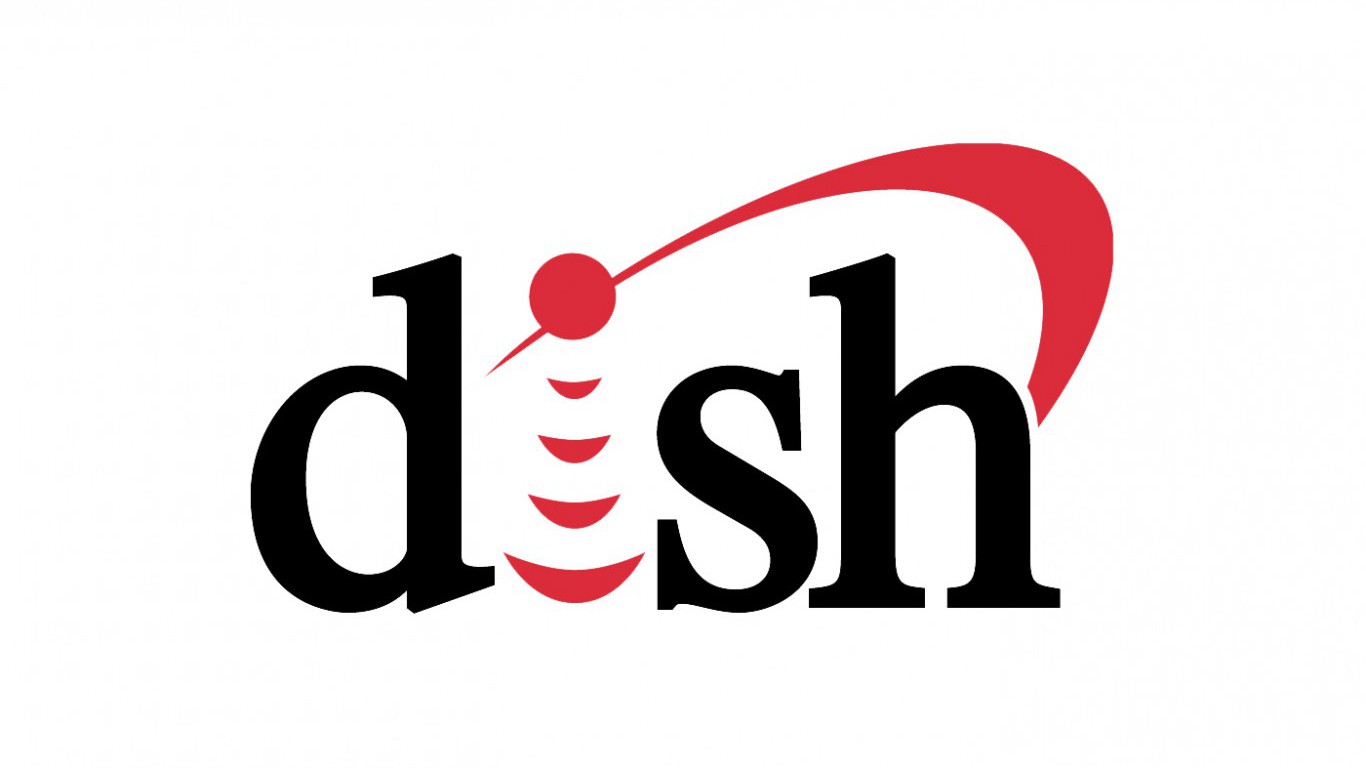
8. DISH Network (NASDAQ: DISH)
Like many other companies on this list, much of the negative sentiment towards DISH Network comes from its customers. In a Zogby survey commissioned by 24/7 Wall St., nearly 47% of those polled reported a negative service experience with the company. Bad customer service is common in the subscription television service industry. Internet service is the only industry with a worse overall customer service rating, according to the ACSI.
Few companies are disliked by their own employees as much as DISH. The satellite television service provider has one of the lowest employee satisfaction ratings of any major company reviewed on Glassdoor, and only 38% of DISH employees would recommend a job at the company to a friend.
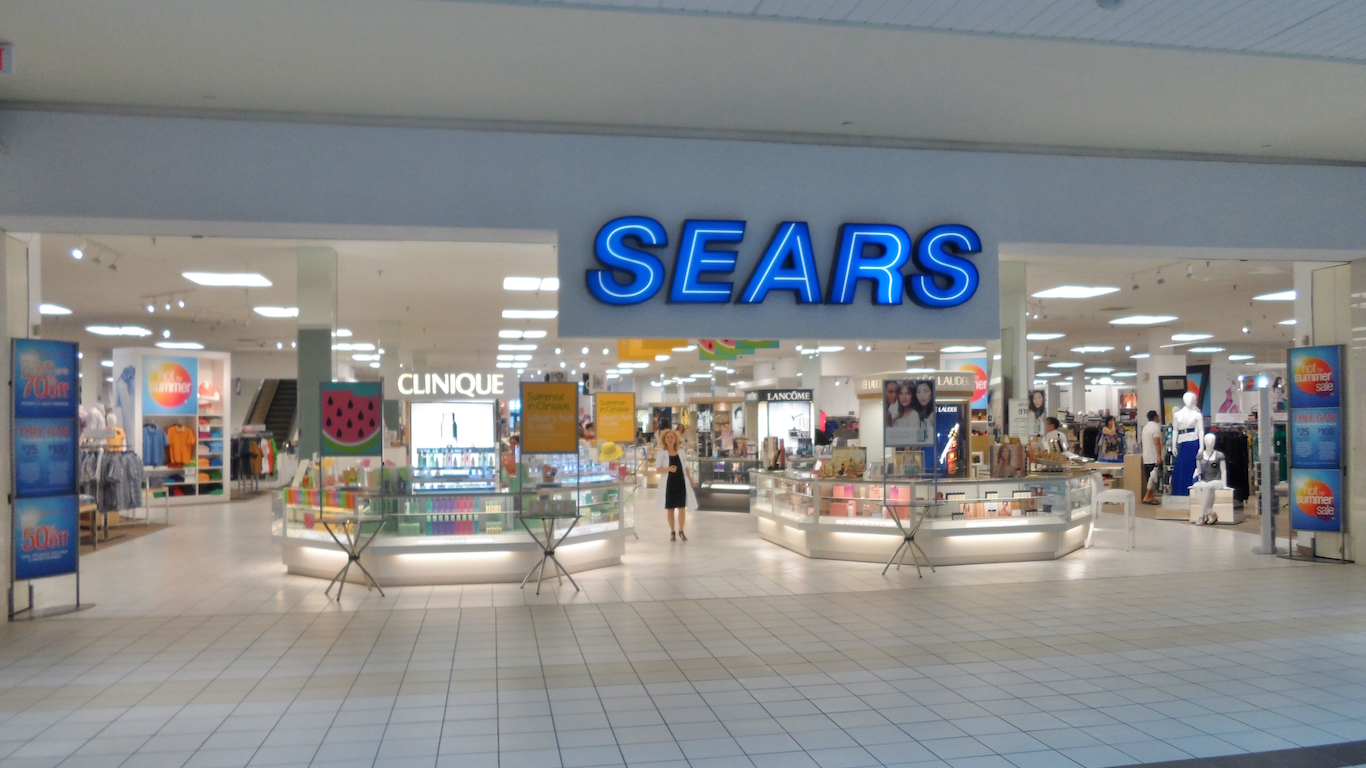
9. Sears (NASDAQ: SHLD)
Sears department stores are disliked by both customers and employees. Sears has nearly the lowest customer satisfaction rating of any department store reviewed in the ACSI. Additionally, Sears employees give the company far lower than average marks on workplace review site Glassdoor, and fewer than one in three Sears employees would recommend a job with the company to a friend. Multiple reviews cite low wages and unprofessional upper management as major drawbacks of working at the company.
The department store’s parent company, Sears Holdings, has also been disappointing for shareholders. Once trading at over $170 a share, the company’s stock price has plummeted by 95% in the last decade and is now trading at just over $10 a share. Sears Holdings is also the parent company of another troubled retailer, Kmart. In an attempt to raise capital, the company announced in early 2017 plans to shutter a combined 150 Sears and Kmart locations.
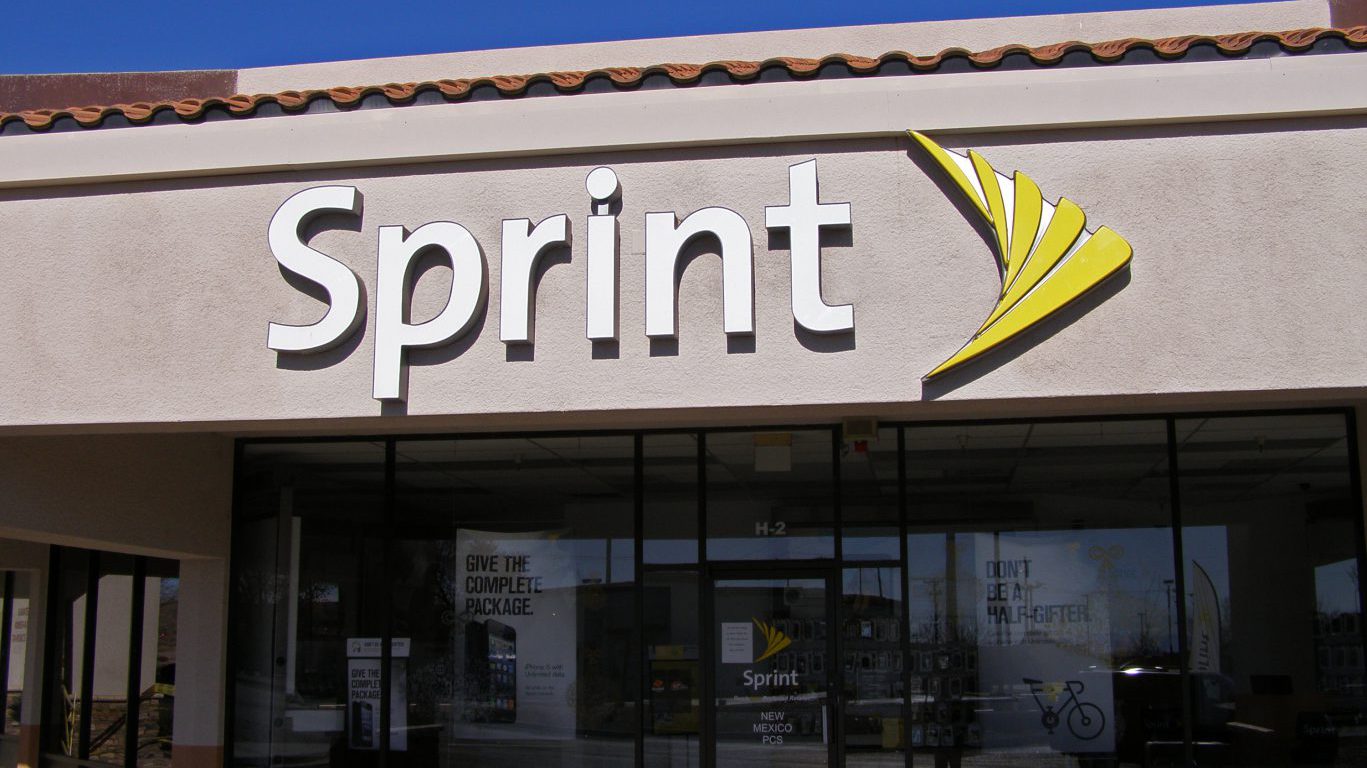
10. Sprint (NYSE: S)
Sprint customers report the lowest customer satisfaction of any company in the wireless telephone service industry, according to the ACSI. In a separate Zogby survey commissioned by 24/7 Wall St., Sprint had the worst customer service rating out of the more than 100 companies included in the survey. More than half of Sprint customers polled reported a negative customer service experience with the company.
In addition, Sprint’s service lags behind that of some of its primary competitors. According to a study conducted by mobile performance measurement company Rootmetrics, both Verizon and AT&T reported better overall performance across a range of measures including, speed, reliability, calling and texting, than Sprint in the first half of 2016.
[in-text-ad]
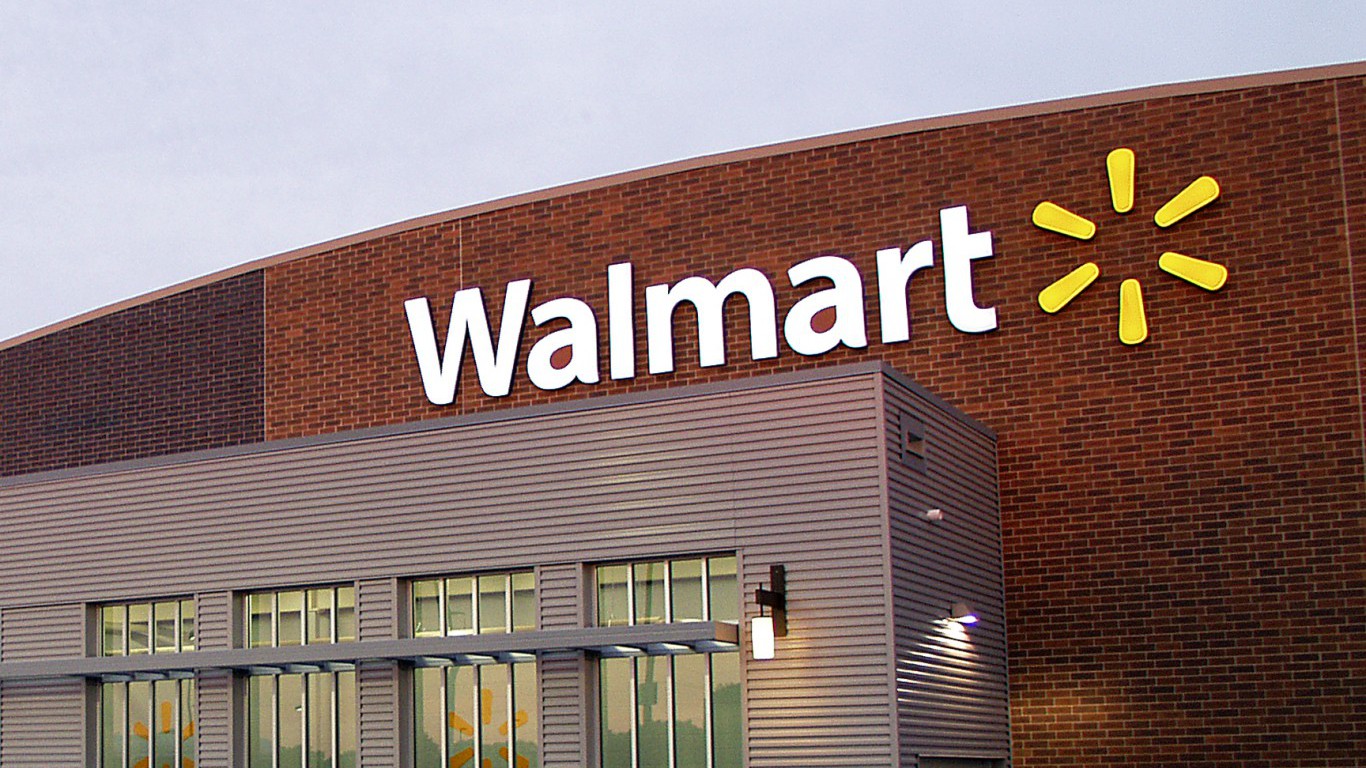
11. Wal-Mart (NYSE: WMT)
Walmart, the world’s largest retailer and private employer, is also one of the most polarizing companies when it comes to public opinion. The retail giant is infamous for undercutting prices and hurting, if not dooming, locally owned businesses. While Walmart touts itself as a job creator in small towns across the country, it pays its employees very little. Based on self-reported earnings listed on Glassdoor, cashiers and sales associates have an average starting wage of less than $10 an hour, which is not enough to maintain a normal standard of living in many parts of the country.
In addition to hurting mom-and-pop operations, Walmart is also disappointing its customers. According to a recent Zogby survey, roughly 40% of Walmart customers polled reported a negative customer service experience.
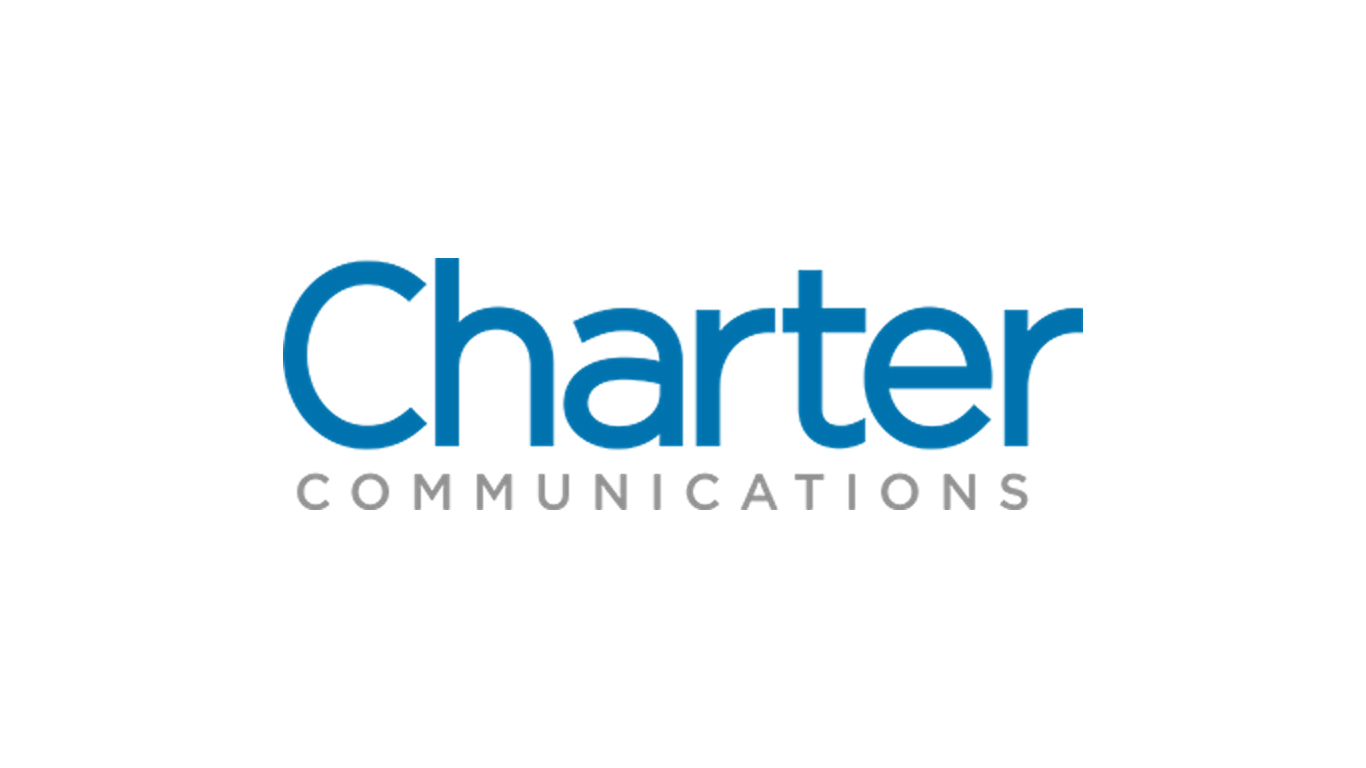
12. Charter Communications (NASDAQ: CHTR)
Charter has one of the poorest reputations for customer service of any company in the subscription television service industry. It also scores below average in customer service compared to its competitors in the fixed line telephone industry and internet service industry.
Charter Communications bought Time Warner Cable — a company with an equally poor customer service reputation — and Bright House Networks for a combined $71 billion in May 2016. Now the second largest cable company in the country, Charter, in a rebranding effort, will continue to serve customers under the name Spectrum. Whether or not the Spectrum brand will continue to provide the poor customer service associated with Charter and Time Warner remains to be seen.
Thank you for reading! Have some feedback for us?
Contact the 24/7 Wall St. editorial team.